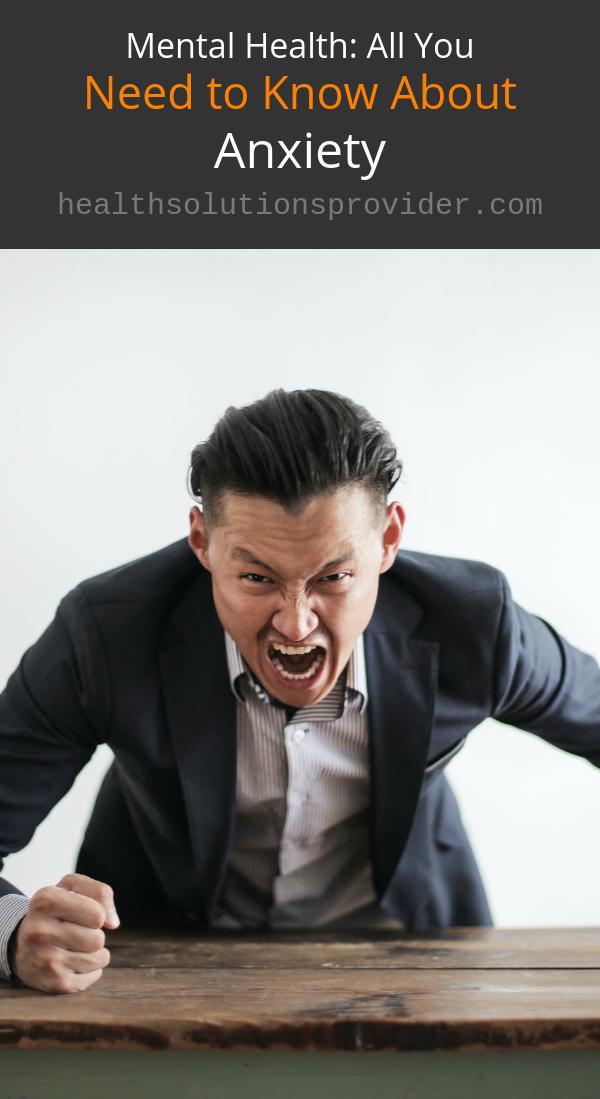There are many different forms of anxiety. Each one has a different set of symptoms and response to treatment. This article provides some general information about the most common forms of anxiety. The information is not meant to replace professional diagnosis or therapy.
Generalized anxiety is one of the most common forms of anxiety. It is characterized by an intense, sudden feeling of apprehension, apprehension that is either unreasonable or excessive. The main cause of generalized anxiety is unknown but may stem from past experiences, such as childhood trauma or physical illness.

Social anxiety is another common form of anxiety that starts in a person’s life. This type of anxiety can come from peer pressure, in school, or at work. Social anxiety is often characterized by a fear of being judged by other people. When anxiety begins in a person’s life, it is difficult to get rid of it.
Post-traumatic stress disorder (PTSD) is a chronic anxiety disorder that develops over time. PTSD usually occurs after a traumatic event, such as rape or a serious car accident. There is no clear cause for PTSD, but it has been found to be more common in people who have experienced a traumatic event.
Generalized panic attacks are anxiety disorders that occur suddenly. A person who suffers from panic attacks will experience shortness of breath, nausea, trembling, dizziness, sweating, chest pain, hot flashes, heart palpitations, and even a sense of doom. Panic attacks are most commonly associated with stress.
OCD, or obsessive-compulsive disorder, is a form of anxiety that starts when a person has a major medical condition, such as an allergy or an infection. It can also develop when there is a loss of faith in God. OCD is marked by excessive anxiety and compulsions for things such as reading or checking. A person with OCD may have ritualistic behavior, or actions that are not consistent with their personal desires.
Another form of anxiety that occurs in the sufferer after a traumatic event, is post-traumatic stress disorder. Post-traumatic stress disorder develops after a person has a near-death experience, a sexual assault, a car crash, or witnessing an injury or accident. It is not uncommon for this form of anxiety to lead to depression. Early treatment is necessary for people with post-traumatic stress disorder.
Phobias are another form of anxiety that has a variety of causes. Social phobias occur when a person has a strong fear of being in a certain situation, such as going to a particular place, or not being able to handle a certain situation. Sports phobias involve the fear of certain activities, such as skateboarding or rollerblading. Also, fears such as flying are included in this category.
Many people find that they suffer from phobias simply because they have found themselves in a situation that is already unpleasant. The root cause of these fears is unknown. Medication can sometimes help alleviate the problem, but this is only a temporary fix. Even when medications are effective, the person may still find that the phobia gets worse.

Fear of public speaking is another phobia that causes anxiety. It is especially common in women, who find it difficult to share their opinions in a public setting. Having a speech anxiety disorder can be hard to overcome, but it can be done.
Panic attacks are a common form of anxiety. Though the cause of panic attacks is unknown, it is possible that anxiety has a genetic link. Some people find that they suffer from a panic disorder every time they have a panic attack.
